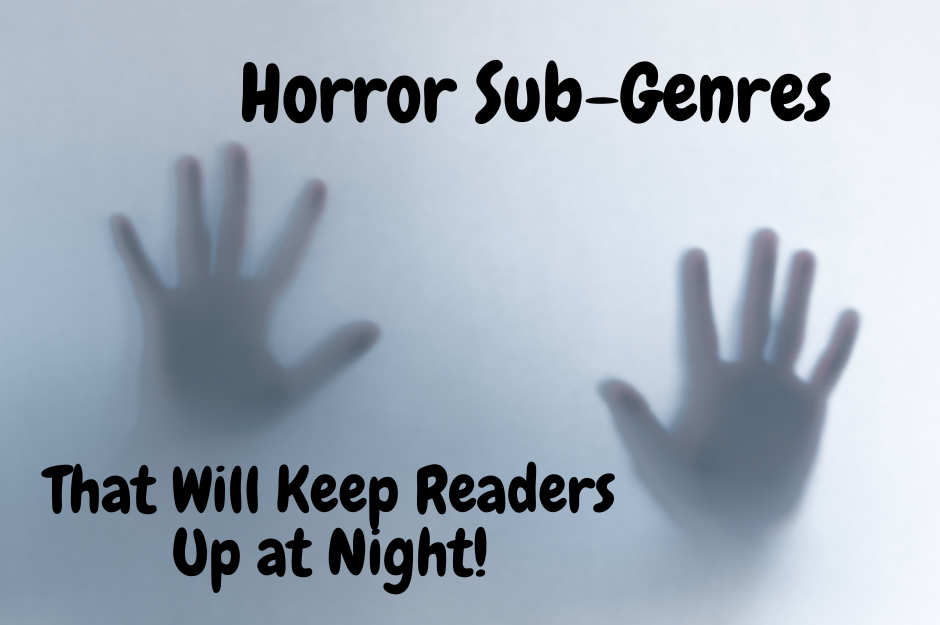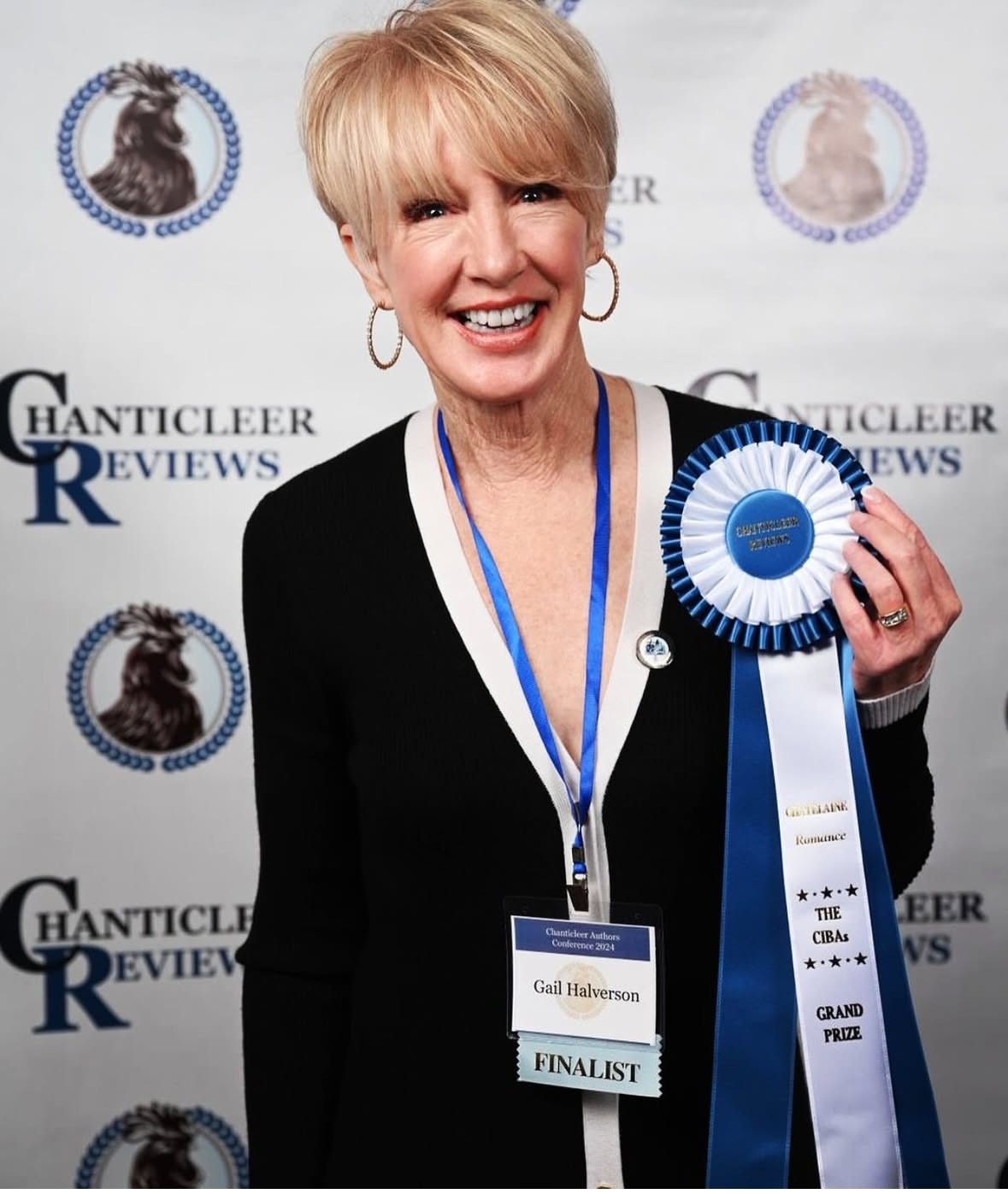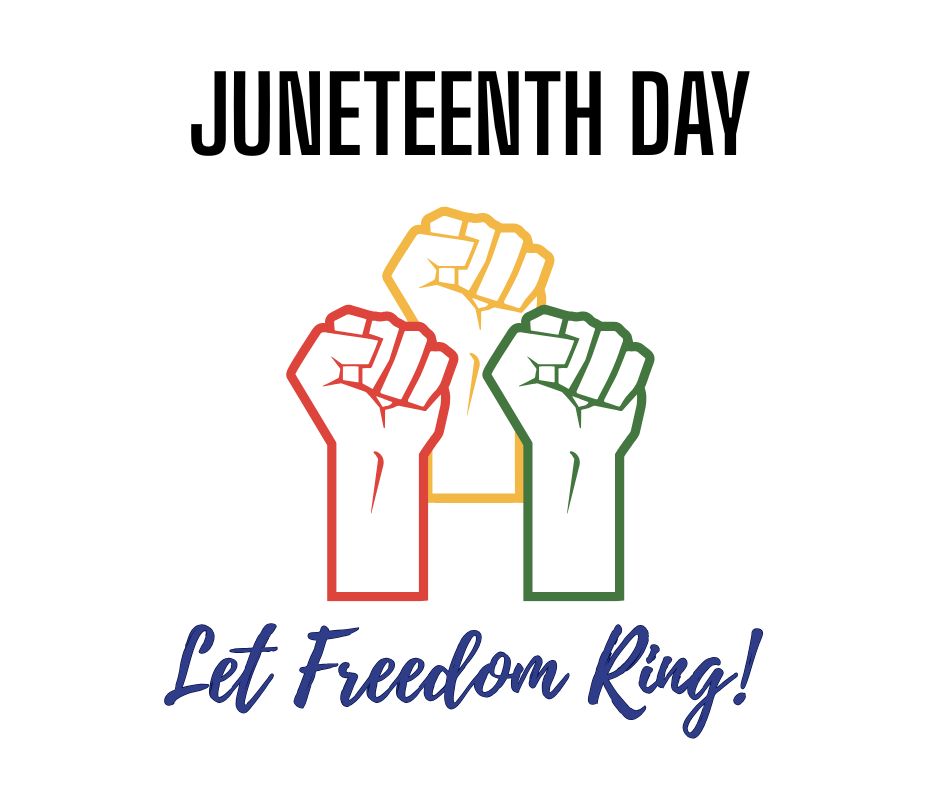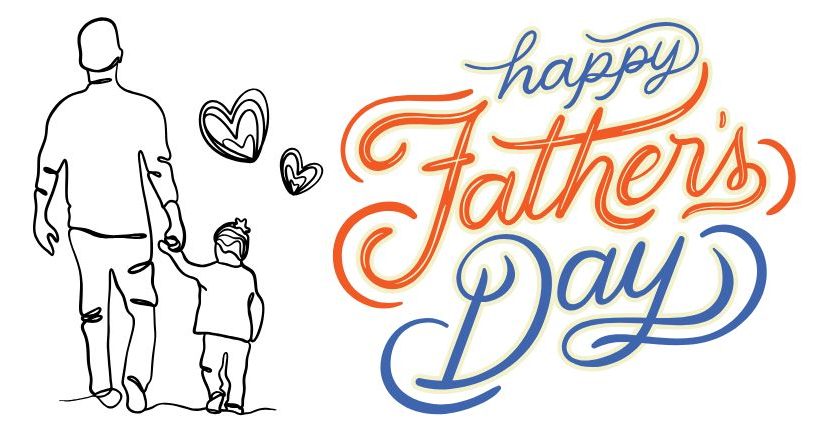
You queried an editor or agent and she asked to see your fiction manuscript, book proposal or feature article. The magical day comes with an email attachment that is a pages-long contract.
Successful writers have split personalities. The creative side crafts great works. The logical side takes care of business. Here are the basics every writer needs to know:

While your contract for agent representation will differ, and magazine article contracts will be much less extensive than book contracts, all publishing contracts should include several important provisions:
- Who is going to write the piece (you!)
- Who is buying the piece (the name of the publisher, not the editor or agent)
- What is the contracted piece (feature article, non-fiction book, essay, novel, memoir, quiz, photo essay, sidebar, round-up, interview, etc)
- Due date (first draft and post-editing revision dates for book-length works)
- In what format (hard copy, electronic, emailed, or Dropbox)
- What rights are being acquired
- What is the offered pay
For magazine and web articles, any missing provisions may be determined by consulting the writer’s guidelines, otherwise, immediately contact the editor for clarification. Book contracts can be negotiated to include specifics in order to avoid misunderstandings when it comes to delivering the contracted materials.
Copyrights
Copyright protection begins under federal law when the creative work is first reduced to a fixed and tangible medium. That means as soon as you create it, you own the copyright. Registration of the work is not required for the copyright to attach, though registration does provide benefits if the author ever needs to sue for copyright infringement. Under the current law, the copyright lasts for the life of the author plus 70 years.
Rights Sold Under the Contract
The writer owns all the rights to their work and grants a license to publish the work to the publisher. Generally, the more rights that are licensed, the more money the writer receives. Here are three common copyrights:
First North American Serial Rights: The writer grants a license to a magazine or newspaper to publish the work in North America for the first time in a periodical.
Electronic Rights: This ever-changing area includes online magazines, computer software, video games, electronic anthologies, audiobooks, and more.
Subsidiary Rights: The right to produce or publish the original work in different formats, such as a movie based on a book.
The federal Fair Use Doctrine four statutory factors allow use of copyrighted material without liability for infringement.
(1) the purpose and character of the use, including whether of a commercial nature or for nonprofit educational use;
(2) the nature of the copyrighted work;
(3) the portion used in relation to the copyrighted work as a whole;
(4) the effect of the use upon the potential market for or value of the copyrighted work.
Application of those factors is what lawyers call ‘fact-specific,’ meaning that each case is different with few hard and fast rules. Here are a few: book, song, movie and poem titles cannot be copyrighted, but song lyrics can. A common misconception is that citing the source and giving attribution negates the need to acquire permission or pay the copyright holder for use. It doesn’t.
Federal Taxes
The Internal Revenue Code treats writers in one of two ways: as a hobbyist or as a business. It is usually better to be a business, as the Code allows business deductions against income. Under the Code, a business is an activity regularly engaged in with a profit motive. The activity qualifies a business for the IRS if the writer has earned a profit in three of the last five years. If the profit test is not met, the IRS evaluates the intent of the taxpayer by weighing nine relevant factors:
(1) does the writer act like a business
(2) the expertise of the writer
(3) time and effort expended in writing
(4) potential appreciation of business assets
(5) track record of profitability in other businesses
(6) history of profit or loss in this activity
(7) relationship of profits and losses
(8) does the writer depend on the income
(9) elements of personal pleasure or recreation
Writing, then selling your words—making money from work you created is exciting and rewarding. Agents, editors, and publishers want to work with professionals. Having a basic understanding of agent and publishing contracts, copyrights and taxes helps you to exploit your work, makes your writing life easier and marks you as a professional. Knowledge is power. Power to the Writers!
~~~
Note from the editor: As always, seek professional legal advice before entering any contract or agreement or making legal decisions. We thank Attorney Williams for sharing his legal knowledge with the Chanticleer Community!
Copyright and Intellectual Properties sessions and workshops will be available at the 2018 Chanticleer Authors Conference. They will be presented by Lake Perriquey, Atty of Law. Visit the Chanticleer Authors Conference webpages for more information.
~~~
David Paul Williams, attorney of law:
 Following the adage “write what you know,” David Paul Williams first wrote feature articles for fly fishing magazines, then added business-to-business articles spawned from those college degrees (accounting and law) and three decades of lawyering. The itch to write “what he wanted to know” proved too hard to ignore and that lead to writing a book, Fly Fishing for Western Smallmouth. He’s now working on another book—a Washington and Oregon fishing guide. Unwilling to be bound by the non-fiction “just the facts, ma’am” shackles, he entered and won the SCN Novel Pitch and First Five Pages Contest. Now half-written, that project barely bubbles on the back burner as he mostly just thinks about the plot and character development until the river guide is finished. David is Editor-In-Chief of Flyfisher, Department Editor of Flyfishing & Tying Journal, In The Field Editor of Washington-Oregon Game & Fish and former Business Topics Editor for ArrowTrade.
Following the adage “write what you know,” David Paul Williams first wrote feature articles for fly fishing magazines, then added business-to-business articles spawned from those college degrees (accounting and law) and three decades of lawyering. The itch to write “what he wanted to know” proved too hard to ignore and that lead to writing a book, Fly Fishing for Western Smallmouth. He’s now working on another book—a Washington and Oregon fishing guide. Unwilling to be bound by the non-fiction “just the facts, ma’am” shackles, he entered and won the SCN Novel Pitch and First Five Pages Contest. Now half-written, that project barely bubbles on the back burner as he mostly just thinks about the plot and character development until the river guide is finished. David is Editor-In-Chief of Flyfisher, Department Editor of Flyfishing & Tying Journal, In The Field Editor of Washington-Oregon Game & Fish and former Business Topics Editor for ArrowTrade.
A firm believer that writing conferences educate and energize attendees and presenters, David willingly shares his knowledge by teaching at numerous conferences. He also learns about the craft and business of writing from other presenters and attendees.
Williams is a practicing lawyer and real estate broker in Bellevue, Washington. He lives with the love of his life, a novelist and short story writer who inspired him to write.
David Paul Williams
PO Box 1436
Bellevue WA 98009
david@thewriterealtor.com








Informative post. Thank you.